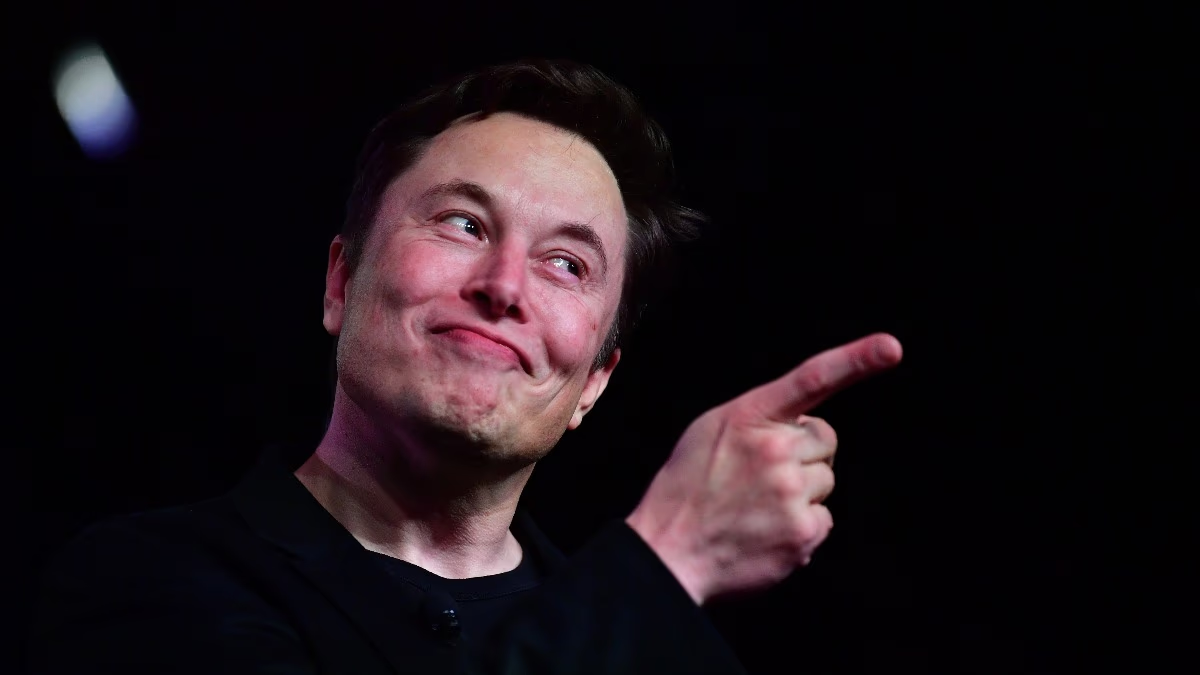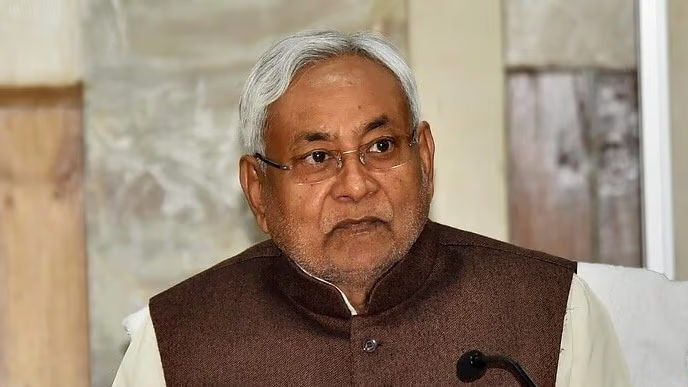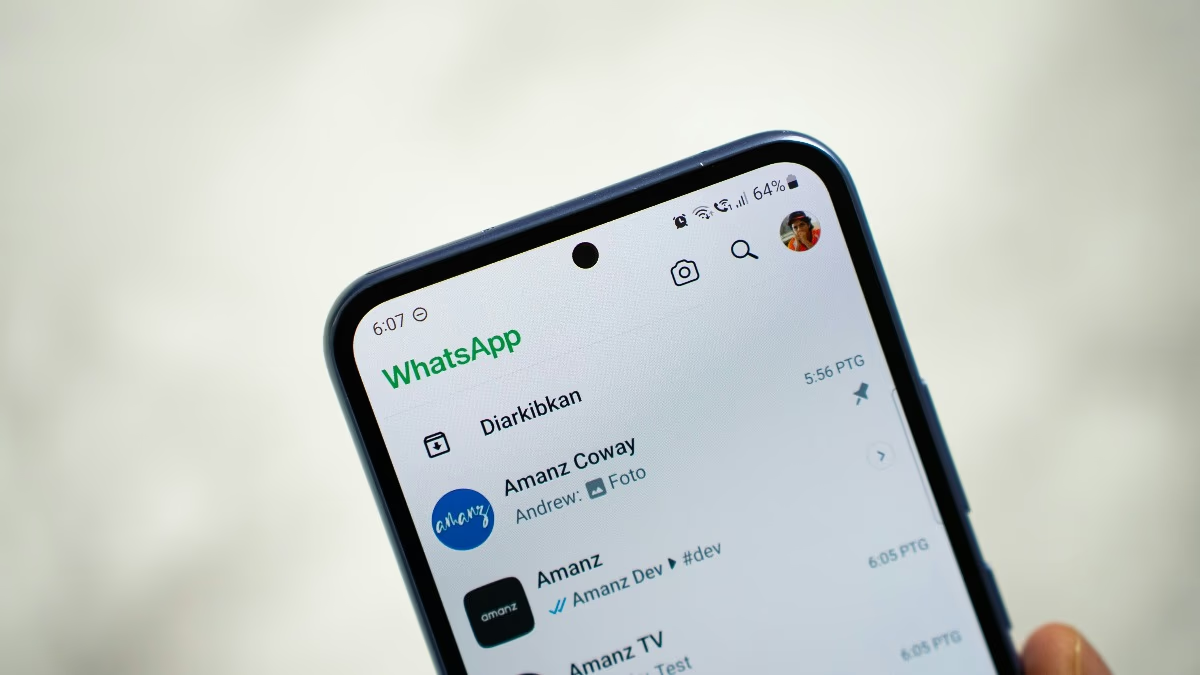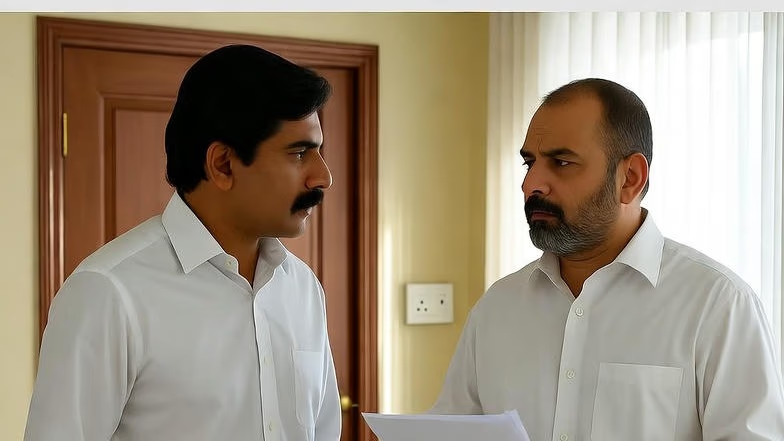Elon Musk, the world's richest man, has entered into a direct clash with Indian billionaires in the telecom sector. The traditional telecom service providers, namely Jio, Airtel, and Vodafone Idea, are currently at odds with Musk's company, Starlink.
The discord revolves around spectrum allocation. Jio and Airtel demand the auction of satellite spectrum, whereas Musk has a different idea. Reliance Jio has been vocal on this matter and has previously communicated with TRAI, advocating that such spectrum be distributed through an auction, providing legacy operators an equal opportunity. Legacy operators mean Jio, Airtel, and Vodafone Idea, who have invested heavily in telecom spectrum and infrastructure.
On the other hand, Musk's company Starlink advocates for administrative allotment, deeming it in line with global trends. Telecom Minister Jyotiraditya Scindia seems to be aligning towards this global trend as well.
Discover if Starlink poses a challenge to Jio and Airtel with its reapplication for a license in India
Scindia has previously stated that such airwaves should be administered through allocation rather than auction. The Telecom Act 2023, passed in December, mentions this matter in Schedule 1, encouraging an administrative approach to releasing satcom spectrum.

Source: aajtak
Scindia clarified, 'This doesn't mean the spectrum will be free. The cost and formula for determining it will be set by TRAI. TRAI has distributed a paper on this, and we have a telecom regulatory authority to decide on administrative pricing.'
Elon Musk's Starlink versus ISRO's launch of India's first satellite internet service offering high-speed connectivity
This regulatory body is empowered by the constitution to determine the administrative price, with TRAI expected to deliver the best pricing strategy.
Scindia noted, 'Globally, satellite spectrum has been issued through administrative allocation, a practice India is adopting as well. Opting for auction would indeed deviate from the world's norm.'
Companies like Jio, Airtel, and Vodafone Idea have significantly invested in telecom spectrum and infrastructure. If entrants like Starlink bypass substantial expenditure for spectrum, they could gain an edge over traditional companies.
Sunil Bharti Mittal, head of Airtel, commented, 'Satellite companies wishing to operate in India's urban areas and serve retail customers should also pay for a telecom license under the same conditions as others.'
Musk has entered this fray, questioning publicly on social platforms if allowing Starlink to compete in providing internet services to Indians should pose so much difficulty.




